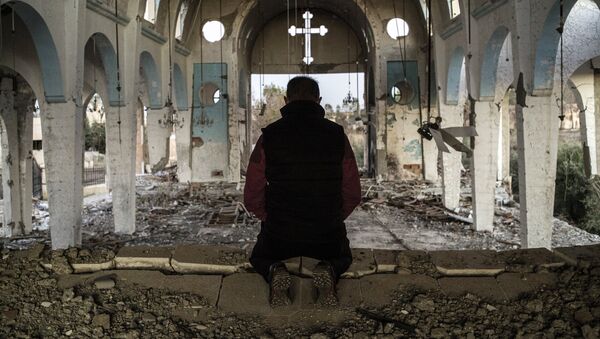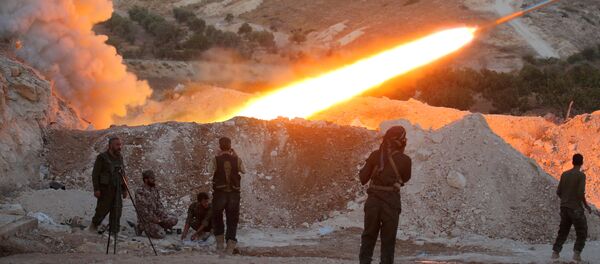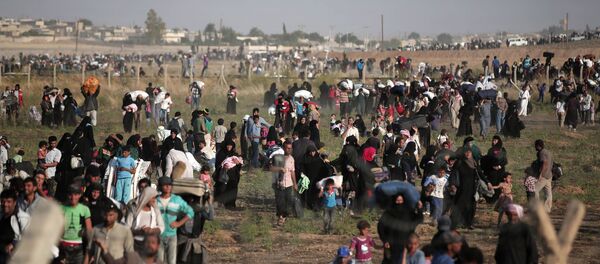In the case of his proposal for "safe zones" President Trump is however — according to media reports — asking his military and intelligence chiefs to return with proposals in 80 days to set them up.
President Trump is wrong on both these issues.
"Waterboarding" and "enhanced interrogation techniques" are quite simply forms of torture, and that apart from a small number of marginalised dissidents is now the consensus view amongst jurists.
Torture is an immoral and despicable practice. It is also illegal.
In light of this to debate whether or not it "works" is a fallacy. By way of illustration, dropping a nuclear bomb on ISIS [Daesh] might "work". No one in their senses proposes it.
During their confirmation hearings before the Senate President Trump's nominees for the posts of Defence Secretary and CIA Director — General Mattis and Mike Pompeo — said they would not reintroduce torture. In General Mattis's case, it seems he opposes torture in principle. President Trump should heed his advice.
President Trump says that his administration will no longer continue with this regime change policy. Unlike earlier advocates of "safe zones" he does genuinely seem to want to establish them in order to protect civilians.
This is consistent with President Trump's policy of wanting to stop refugee flows to Europe and the US by keeping Syrian refugees in "safe zones" in Syria rather than have them come to Europe and the US.
If so, then this proposal is doubly misconceived.
Firstly, if the US does commit itself to setting up "safe zones" inside Syria, then as night follows day the US supporters of regime change in Syria — who remain influential in the US despite the change of administration — will try to use them for their original purpose: as US protected base areas for US backed Jihadi fighters seeking to overthrow the Syrian government.
The US would find itself drawn into the Syrian conflict in order to achieve regime change in Syria, which is the opposite of what President Trump says he wants.
Secondly, as regards the question of refugee flows from Syria, President Trump and Western commentators may not have noticed the fact, but this was last year's problem, not the problem now.
Today the Syrian government has consolidated itself, re-establishing its control over the key cities of Damascus and Aleppo, and in Syria's populous coastal hinterland which lies between them.
There is a Russian-Turkish brokered ceasefire in place, which is being generally observed, and the conditions of life for most Syrians are now far more secure and peaceful than they have been in years.
It is to be hoped that President Trump's advisers will explain this to him, as will doubtless the Russian government when he finally begins talking to it.
The views expressed in this article are solely those of the author and do not necessarily reflect the official position of Sputnik.







